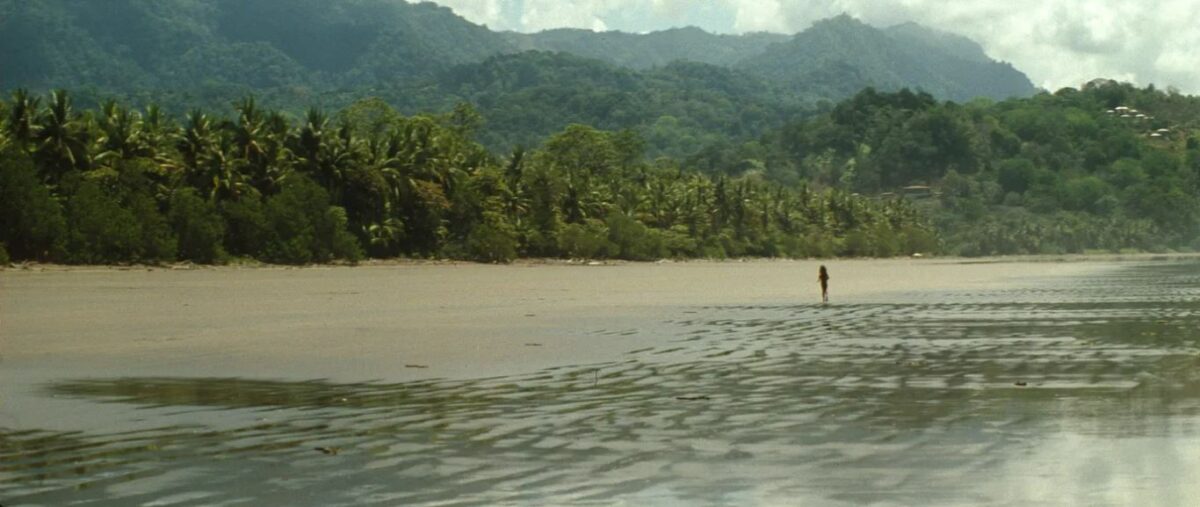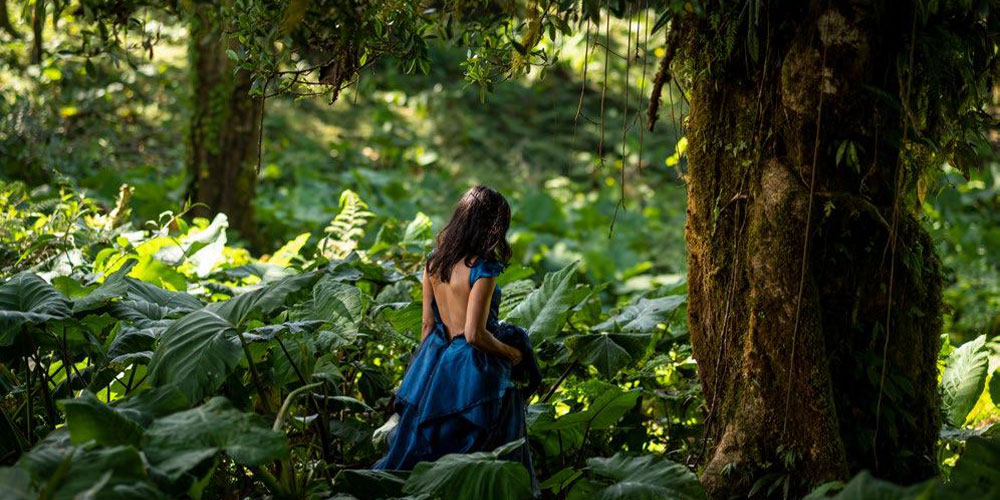Building from a storied tradition and the current victory lap of Costa Rican cinema internationally, the recently signed legislation is a way to dynamize local economies
The misty mountains and dead forests around Turrialba, the moon-like, barren lands at the top of Irazú’s viewpoint, the dense and uncharted jungles and diverse national parks of the Central and Southern Pacific, and the paradisiacal beaches of the Gold Coast are just some of the many cinematic sights that can be found in Costa Rica. After all, the country’s reputation as a natural oasis comes precisely from its wide array of settings within a relatively small area. Many different experiences can be had in Costa Rica, be it as a thrill-seeking adventurer, or simply as an exotic background for your rest and relaxation.
This fact has been taken into account by Hollywood on different occasions, using the ticos’ blessed corner of the Earth to represent untamed wilderness in Ridley Scott’s 1492: Conquest of Paradise (1992), Steven Spielberg’s Jurassic Park (1993), Robert Rodriguez’s Spy Kids 2: Island of Lost Dreams (2002), and M. Night Shyamalan’s After Earth (2013), just to name some of the higher profile features filmed in the country.

Additionally, Costa Rica has been of particular note on the international festival landscape recently, with productions from tico talent like Valentina Maurel’s Tengo Sueños Eléctricos (2022), Nathalie Alvárez’s Clara Sola (2021), and Antonella Sudassassi’s El Despertar de las Hormigas (2019) playing and awarded in some of the world’s premiere audiovisual showcases like Cannes, Berlinale, and Locarno, among others.
Recently, a 2021 law was approved to make the most out of this historic period of visibility, and bring more international investment to the country. Called the Law of Filmic Investment Attraction, this legislation creates incentives for international productions to use the country as a filming location, such as tax exonerations and importation of goods during the shoot.
When a film production takes place, the economy of the location is suddenly dynamized, with crew, cast and production members all using the rental, service, and nourishment options while filming, bringing a healthy influx of cash to the community in question. The idea is that this law will put Costa Rica at the forefront of filming location options in the region, highlighting the country’s renowned natural richness, stability and high-grade professionals.

